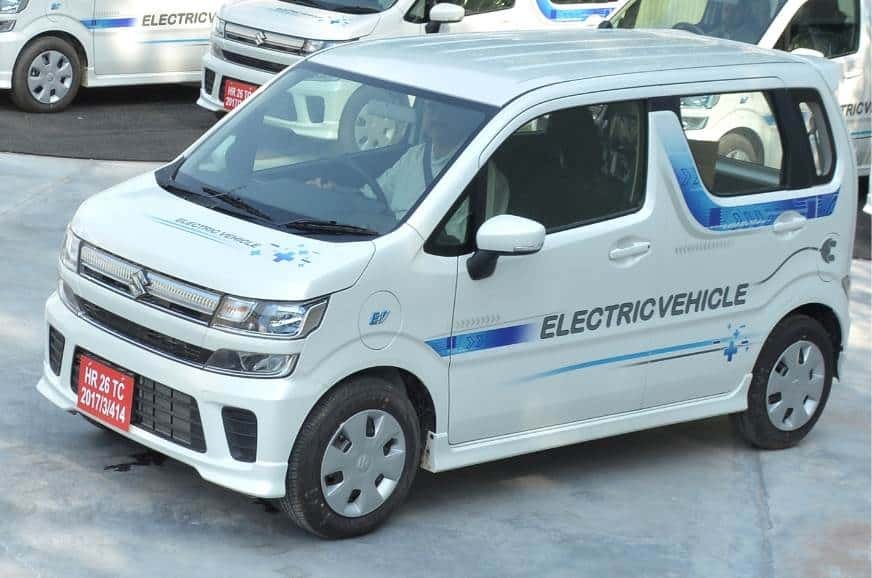Maruti Suzuki and Toyota have yet to introduce an electric vehicle in India. After getting approved under a clean auto incentive plan, Maruti Suzuki is in talks with Toyota to produce electric cars in India.
According to the Economic Times, Maruti MD and CEO Kenichi Ayukawa revealed that Suzuki and Toyota are building electric vehicles at Maruti’s Gujarat plant. However, they had not reached a definitive agreement at this time, and he was unsure whether any of them would join Suzuki’s Gujarat facility.
In addition, Autocar India reported that Maruti Suzuki would collaborate with Toyota to produce electric vehicles in India. The initial model was a mid-size SUV powered by BYD Blade batteries.
Suzuki Motors Gujarat is one of 20 candidates selected for innovative automotive technology goods under India’s PLI, which has a budget of INR259.38 billion (US$3.44 billion) and was announced in February.
In 2018, Suzuki and Toyota formed a corporate partnership and collaborated on product development and model sharing. Maruti Suzuki and Toyota Tsusho partnered in India to create Maruti Suzuki Toyotsu India (MSTI), which opened a vehicle scrapping and recycling facility in northern India in 2021.
Toyota launched an aggressive EV initiative in December 2021, with intentions to introduce a complete portfolio of 30 BEV by 2030, as well as a JPY4 trillion (US$35 billion) investment to expand battery production.
According to the Economic Times, the White House is supporting US$500 million to enable American companies to produce solar panels in India to bolster crucial US and international supply chains as a result of increased geopolitical threats.
According to Reuters, Ola Electric, which presently relies on South Korean battery suppliers, will require 40GWh of battery capacity to reach its 10 million E2W manufacturing objective. The company wants to build 1GWh of battery capacity by 2023 and extend it to 20GWh over the next 3-4 years. The project is described as a cell plant that can scale up to 50GWh.


